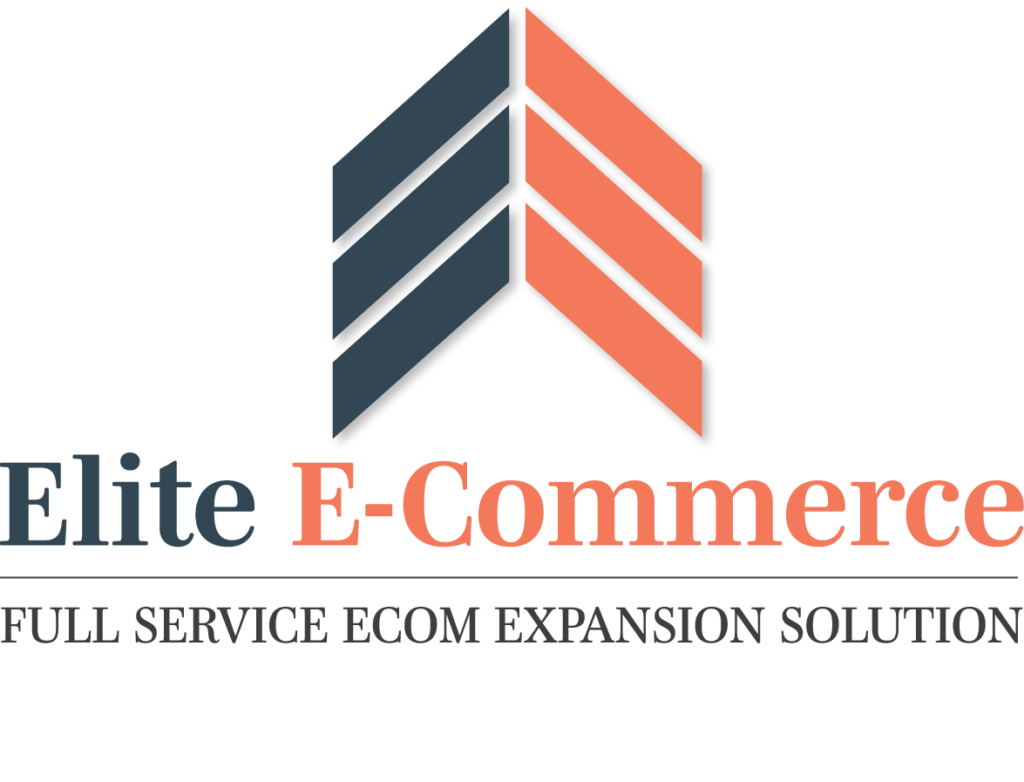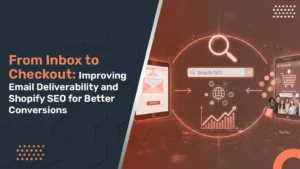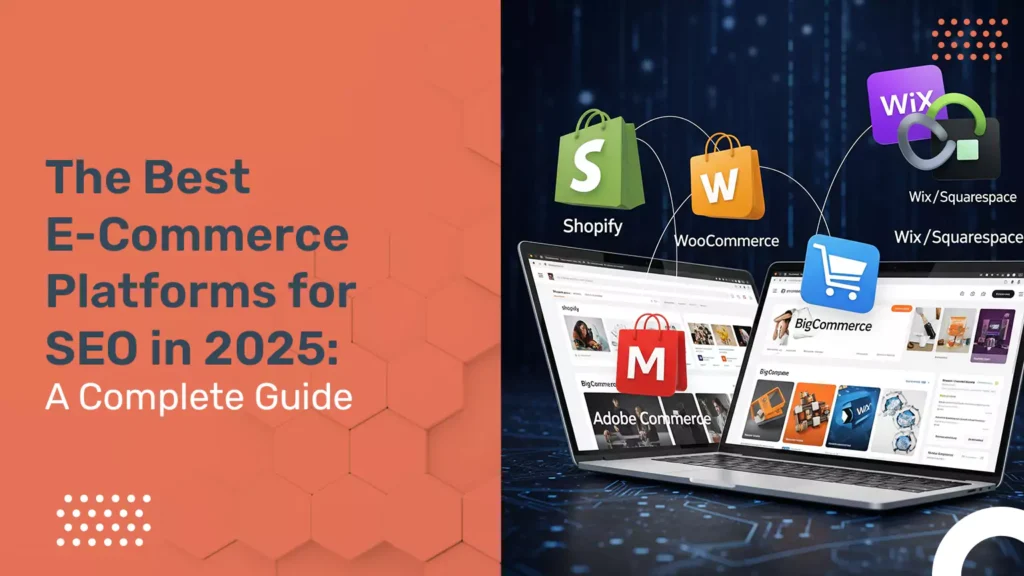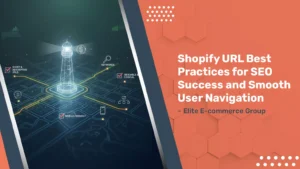In today’s competitive internet-based marketplace, Search Engine Optimization (SEO) is one of the key factors for having a successful e-commerce operation. With over 63% of shopping experiences beginning with a Google search, the right e-commerce platform can make a big difference to your online visibility, web traffic, and ultimately sales. However, with so many choices available, which platforms are really the best for e-commerce in 2025?
This guide from Elite E-Commerce Group identified five top platforms with good SEO capabilities – Shopify, WooCommerce, BigCommerce, Adobe Commerce, and Wix/Squarespace, and highlights what they do well.
Why SEO is Crucial for E-Commerce Success

SEO is not merely about ranking on Google; it’s about focusing on getting the right audience who are actively looking for products you sell and not relying on advertising alone. The better the SEO, the more likely it is that customers will find your products in a natural (organic) way.
SEO has an impact on a lot of things for any e-commerce store:
• Discoverability of your products—Optimized product and category pages assist shoppers in finding exactly what they want.
• Mobile Usability—With mobile commerce set to account for 59% of global e-commerce sales (over 3 trillion) by 2025, e-commerce design for mobile is a necessity.
• Scalability—Your platform of choice must be able to manage your business size, whether you sell 10 or 10,000 products.
In e-commerce website development, SEO development must be built into the architecture and not be an afterthought. That is why choosing the right platform will probably be one of the most strategic decisions you make.
Key Factors for Evaluating an E-Commerce Platform for SEO
Before choosing your platform, think about these critical SEO-related features:
1. SEO tools (such as sitemaps, meta tags, schema markup and image optimization) built into the platform
2. Site speed—Fast-loading sites rank better and keep visitors on your page longer
3. URL structure—URLaddresses.structure—URL addresses.addresses. structure matters because search engines index cleaner, customizable URLs quicker than other web addresses
4. Mobile responsive – Create a smooth shopping experience no matter what device your customer uses
5. Third-party integrations – Access to advanced e-commerce SEO services and plugins. 
The Top 5 E-Commerce Platforms for SEO in 2025
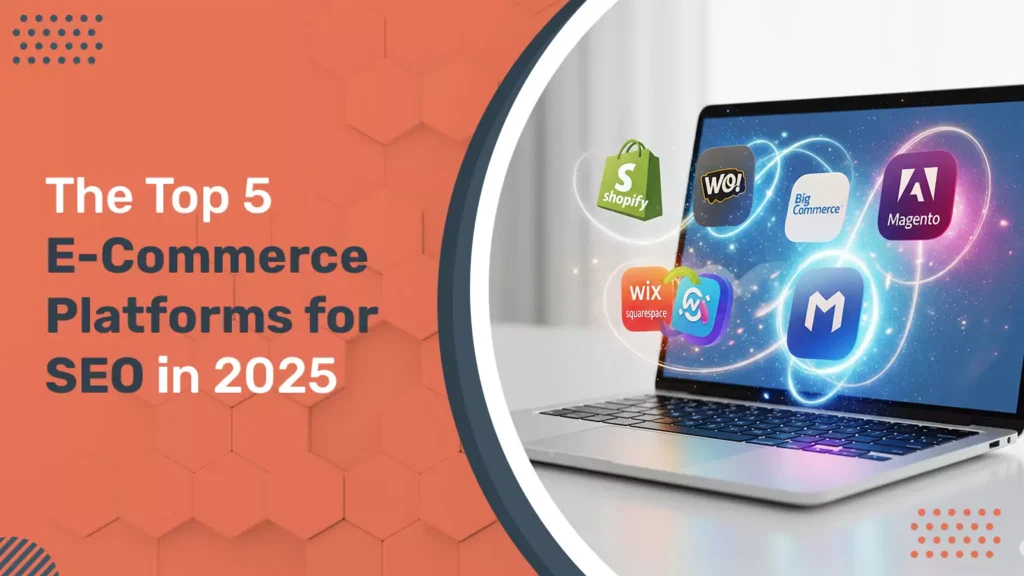
1. Shopify – The User-Friendly SEO Leader
In the world of SEO-oriented e-commerce platforms, it’s hard to beat Shopify. This is mainly because it is an easy-to-use and robust online store platform. Ultimately, Shopify is a great plan to use if you’re a small or medium-sized business looking to jump into a quick launch without sacrificing any optimization.
Why Shopify is Good for SEO
• SEO-friendly URL structure is built-in.
• Has seamless integration with Shopify SEO apps, like SEO Manager.
• Mobile responsive themes are available by default.
• Faster loading page timings for better rankings.
• Has built-in schema markup for rich search results.
There’s also a wide range of other Shopify marketing tools available, from email automation to social media integration, giving store owners everything they need to drive traffic and sales. Additionally, store owners can also use Shopify expert services, as it relates to custom Shopify store design and Shopify store management, to keep their store optimally performing.
Potential Drawback: Customization can be limited compared to open-source platforms.
2. WooCommerce – The Customisation Powerhouse
As a plugin of WordPress, WooCommerce provides exceptional flexibility for developing an e-commerce website. WooCommerce is open-source as well, which means it’s free to install and takes advantage of the massive WordPress ecosystem.
WooCommerce SEO advantages
• Incredibly powerful SEO plugins like Yoast are at your disposal.
• You have complete control over URL structure, meta tags, and all on-page SEO.
• The ability to scale from small shops to enterprise-level store.
Potential Drawback: Heavy reliance on plugins can slow down site speed, impacting SEO if not managed carefully.

3. BigCommerce – The All-in-One E-Commerce Solution
BigCommerce is the best of both worlds; it has the ease of a hosted platform, plus valuable SEO features, which makes it one of the best e-commerce platforms for businesses of all sizes that are looking to grow.
SEO Benefits of using BigCommerce
• Sitemap and schema markup generation are built in.
• Responsive templates.
• Fast infrastructure.
That said, it does come with a slightly higher price tag compared to other providers.

4. Adobe Commerce (Magento) – The Enterprise Solution
Adobe Commerce with technical resources provides significant customisation and scalability for big business. Adobe Commerce is built to handle thousands of products and transactions without any of the hitches that you would expect.
Magento SEO Strengths
• Customisable SEO features with full customisation potential.
• Manage multi-store for targeting multi-market.
• Ability to categorise products in advanced ways to support discoverability.
Drawback: Requires technical expertise, making it less ideal for beginners.

5. Wix & Squarespace – Simple yet Effective
These platforms are recognized for their beginner-friendly e-commerce website creation tools and drag-and-drop style interfaces. They are not as powerful from an SEO perspective compared to Shopify or WooCommerce, but these platforms are great for someone with little to no experience.
Strengths
- Quick setup and pre-designed templates.
- Built-in SEO basics like meta tags and mobile responsiveness.
Drawback: Limited scalability and advanced SEO customisation.
How to Choose the Best Platform for Your Business

When choosing your platform, be sure to consider:
• Price – WooCommerce is affordable, but Shopify provides good value for an all-in-one service.
• Skills – if you’re not a coder, then you might prefer Shopify or BigCommerce. If you are a coder, then you might want Magento or WooCommerce.
• Plans for growth – think about how the platform will grow with you.
• need for support – Shopify provides 24/7 support, but the others are mostly community supported. 
Beyond the Platform: Extra Tips for E-Commerce SEO Success
You can’t rely on e-commerce platform alone (as great as it is), you will also need a good e-commerce marketing strategy to get the best results. Some areas to focus on include:
• Content creation – Regular blog work, product guides, and purchasing tips can gain you organic traffic.
• Mobile-first design – Important for SEO and UX.
• E-commerce conversion optimization – Optimizing product pages, checkout process, and using quality images to convert visitors to buyers.
• Shopify marketing tools to use if using Shopify – Email automation, upselling apps, use retargeting ads etc.
How Elite E-Commerce Group Can Help
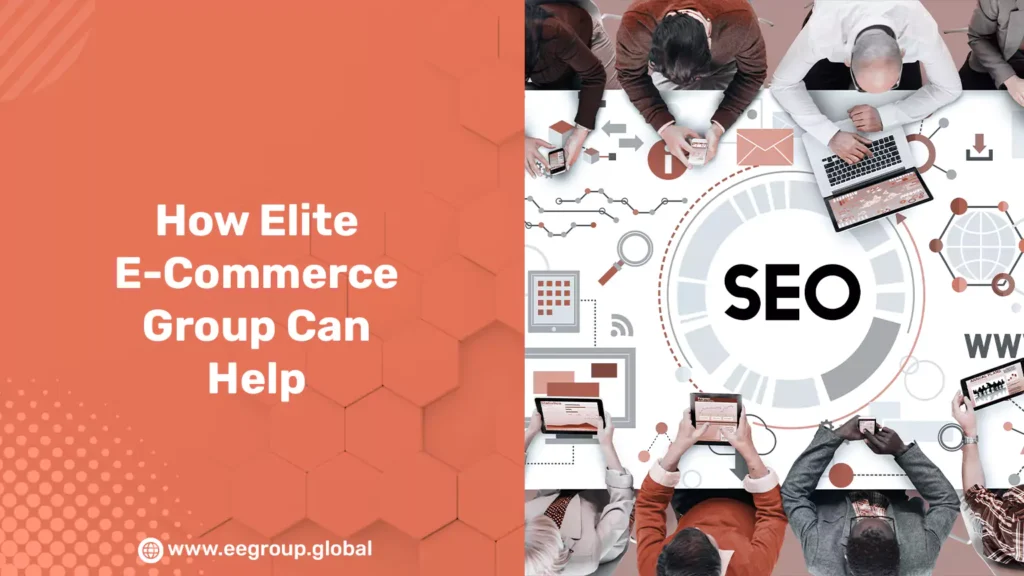
Selecting a platform is only the first step. Elite E-Commerce Group offers the complete service, including:
• E-commerce website development that is second to none.
• Smart e-commerce marketing strategies for you to attract and convert customers.
• Professional e-commerce SEO services to improve rankings and traffic.
• E-commerce conversion optimisation to improve sales.
• Full Shopify expert services like; Shopify SEO, Shopify store management, Shopify store design, and integration of powerful Shopify marketing tools.
Our experience allows you to focus on your business while we ensure your store is optimised for your success. 
Final Thoughts
The correct e-commerce platform could make or break your SEO. Whether you go with Shopify for its simplicity, WooCommerce for its versatility, or Adobe Commerce for its enterprise scalability, your choice should align with your budget, technical skill set, and aspirations for growth.
